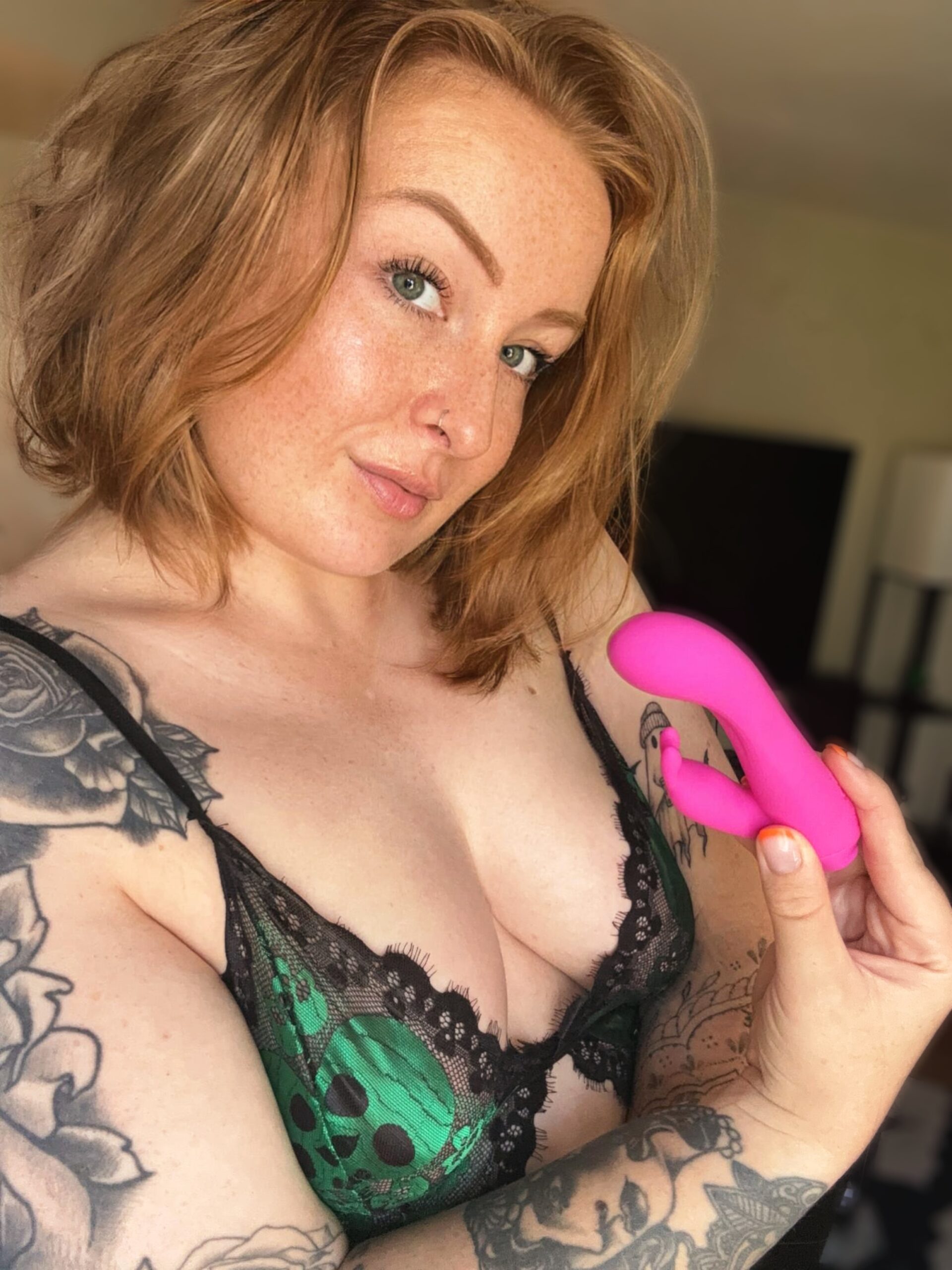Navigating Labels
Navigating labels can be a complex and deeply personal journey for everyone, especially within the context of intimate relationships. Demigenders, who identify partially with one gender and partially with another or as somewhere outside the traditional binary, often face unique challenges when it comes to expressing their identity and finding understanding from partners.
One of the biggest hurdles can be the lack of familiarity with demigender identities among some individuals. Partners may struggle to understand what “demigender” means, leading to confusion, misgendering, and a sense of invalidity for the demigender person. Open and honest communication is crucial in these situations. The demigender individual should feel comfortable explaining their identity in a way that feels authentic and accessible to their partner.
Finding the right words to describe one’s identity can also be a significant struggle. Demigender identities are fluid and multifaceted, and language may not always capture the nuances of an individual’s experience. It’s important to remember that there is no “right” way to label oneself, and what resonates with one person may not resonate with another. The focus should be on finding words that feel genuine and empowering.
It can be helpful for demigender individuals to explore different terms and labels until they find ones that fit their identity. Online resources, support groups, and conversations with other demigenders can offer valuable insights and a sense of community. Additionally, it’s important to remember that labels are not static and may evolve over time as an individual’s understanding of themselves deepens.
When communicating their identity to partners, demigender individuals should be prepared for a range of reactions. Some partners may be immediately supportive and understanding, while others may need more time and information to process the concept. Patience, empathy, and clear communication are essential for navigating these conversations successfully.
It’s also important for demigender individuals to set boundaries and ensure their needs are met within the relationship. This might involve asking partners to use specific pronouns or names, respectfully avoid making assumptions about their gender identity, and create a space where they feel safe and affirmed. Healthy relationships require mutual respect, understanding, and a willingness to learn and grow together.
Navigating labels and communicating needs can be particularly complex for demigender individuals in relationships.
Demigenders, who experience a partial or fluctuating connection to one gender identity while identifying with another, often face unique challenges when it comes to expressing their identity and expectations within romantic partnerships.
**Communication** is paramount. Open, honest, and consistent dialogue with your partner about your gender identity, how you feel about labels, and what makes you comfortable is essential.
Using “I” statements can help you express your feelings and needs without blaming or accusing your partner.
For example: “I feel most comfortable when you use _he/him_ pronouns for me, but I also understand if you make mistakes. It helps me feel respected and seen when you correct yourself gently.”
Be prepared to educate your partner about demigender identity. Share resources like websites or articles that explain the nuances of gender fluidity and demigender experiences.
**Labels** can be powerful tools for self-definition, but they don’t always feel right for everyone.
Some demigenders may choose to use a label, while others prefer not to. It’s important to respect your partner’s preferences regarding labels and understand that their comfort level with certain terms might evolve over time.
Be patient and understanding if your partner struggles to grasp or use your preferred pronouns or terminology.
It may take time for them to adjust, but consistent communication and gentle correction will help them learn and grow alongside you.
Remember, a healthy relationship is built on trust, respect, and open communication. By approaching these conversations with empathy and understanding, demigender individuals can foster deeper connections and navigate the complexities of identity within their romantic partnerships.
Embracing the Spectrum
Navigating dating as a demigender person can be particularly complex, often feeling like a tightrope walk between embracing authenticity and managing others’ understanding.
Demigenders, those who partially identify with one gender while also existing outside of it, face a unique set of challenges in the realm of romance. The lack of widespread understanding about demisexuality can lead to confusion, misinterpretation, and even rejection from potential partners.
Dating apps, designed to streamline connections, often fall short when it comes to accommodating nuanced gender identities. Labels like “male,” “female,” or “other” fail to capture the multifaceted nature of demigender experiences.
This lack of representation can force individuals to choose labels that don’t fully reflect their reality, potentially leading to feelings of inauthenticity or discomfort.
The pressure to conform to binary expectations can be immense, especially when encountering users who are solely focused on finding a partner aligned with traditional gender roles.
However, there are ways for demigender individuals to navigate the dating app landscape with greater ease and authenticity.
One strategy is to create a profile that clearly and concisely explains one’s demigender identity, using language that resonates personally. Sharing personal pronouns and emphasizing open communication can help set expectations from the outset.
It’s also important to be selective in choosing apps that are known for inclusivity and support for diverse gender identities.
Engaging with communities of demigender individuals online can provide invaluable support, advice, and a sense of belonging. These spaces offer opportunities to connect with like-minded people who understand the unique challenges faced by demigender daters.
Ultimately, embracing authenticity is key to finding meaningful connections.
While dating apps can present hurdles, they can also be a platform for fostering understanding and creating space for diverse identities to thrive.
Embracing the spectrum of gender identity is crucial for fostering healthy and fulfilling relationships. Demigenders, who identify partially with one gender and partially with another, or outside of the gender binary entirely, often face unique challenges in navigating societal expectations and personal expression within romantic partnerships.
Setting boundaries becomes paramount for demigender individuals seeking to protect their emotional well-being and ensure their needs are met. This involves clearly communicating one’s gender identity, pronouns, and comfort levels with physical affection or other intimate acts.

Open and honest communication is essential for building understanding and trust between partners. It allows the demigender person to express their experiences and expectations, while providing the partner with valuable insights into their loved one’s identity.

A key aspect of setting boundaries is educating oneself and one’s partner about demigender identities. This can involve reading articles, watching documentaries, or engaging in conversations with other demigender individuals to gain a deeper understanding of the nuances involved.
Respecting chosen pronouns and names is fundamental to demonstrating respect and validation. Encouraging partners to use these consistently demonstrates a commitment to honoring the demigender person’s identity.
Physical touch should be consensual and aligned with both partners’ comfort levels. Demigender individuals may have specific preferences regarding types of touch or situations where they feel most comfortable receiving physical affection.
Setting boundaries around gendered expectations can also be vital. This involves challenging societal norms that might pressure the demigender person to conform to traditional masculine or feminine roles.
It’s important to remember that setting boundaries is an ongoing process, and it may evolve over time as individuals grow and their understanding of themselves deepens.
Seeking support from therapists, support groups, or online communities can provide a safe space for demigender individuals to explore their identity, navigate relationship challenges, and connect with others who understand their experiences.
Building a Supportive Environment
Building a supportive environment and fostering open communication are crucial for demigender individuals navigating relationships. It’s essential to remember that demigender identities encompass a diverse range of experiences, so understanding your partner’s specific needs and preferences is paramount.
Here are some key strategies:
-
Educate Yourself: Take the time to learn about demigender identities and terminology. This demonstrates respect and a willingness to understand your partner’s experiences.
-
Active Listening: Practice active listening skills, paying attention to both verbal and nonverbal cues. Create a safe space where your partner feels comfortable sharing their feelings and thoughts without judgment.
-
Validate Their bdsm sub rules Identity: Regularly affirm and validate your partner’s demigender identity. Use their preferred pronouns and name consistently, and avoid making assumptions about their gender expression or experiences.
-
Respect Boundaries: Understand that every individual has different boundaries regarding discussions about gender. Be mindful of your language and avoid pushing for information they are not comfortable sharing.
-
Open Dialogue: Encourage open and honest conversations about gender identity, including challenges or concerns your partner may face. Create a space where both of you can express yourselves freely and respectfully.
-
Be Patient and Understanding: Navigating demigender identity can be an ongoing process. Be patient with your partner as they explore and understand their own feelings and needs.
Building a supportive environment takes time, effort, and commitment from both partners. By practicing empathy, understanding, and open communication, you can create a loving and fulfilling relationship that celebrates the unique identity of your demigender partner.
Building a supportive environment is crucial for demigender individuals navigating relationships.
Open and honest communication is fundamental. Encourage your partner to share their experiences, feelings, and needs related to their demigender identity. Listen actively and empathetically, creating a space where they feel safe expressing themselves without fear of judgment or dismissal.
Educate yourself about demigender identities and the unique challenges they may face in relationships. Understanding terminology, societal biases, and potential internal conflicts can help you be more informed and supportive.
Respect their pronouns and chosen name. Using the correct pronouns and name affirms their identity and demonstrates your commitment to their well-being. If you make a mistake, apologize sincerely and correct yourself promptly, showing that you are willing to learn and grow.
Be patient and understanding. Adjusting to a demigender identity can be a process, and there may be times when your partner needs space or reassurance. Offer support without pressure, allowing them to explore their feelings at their own pace.
Celebrate their individuality. Embrace the complexities of their identity and encourage them to express themselves authentically within the relationship. Support their pursuit of self-discovery and personal growth.
Seek community support.
Connecting with other demigender individuals or allies can provide valuable insights, shared experiences, and a sense of belonging. Online forums, support groups, or LGBTQ+ centers can offer safe spaces for your partner to connect with like-minded people.
Encourage them to attend events or meetups where they can interact with other demigender individuals. Building relationships with others who understand their experiences can be incredibly empowering and validating.
Remember that seeking support is a strength, not a weakness. By encouraging your partner to connect with others, you are creating a network of love and understanding that can help them navigate the challenges they may face.
Access the blog for the full scoop
Catch every section of the article
- Xela Rederm Skin Booster Treatments Near Merstham, Surrey - January 12, 2026
- Xela Rederm Skin Booster Treatments Near Beddington, Surrey - January 11, 2026
- Why The Craftsman Series Vape Has A Premium Feel And Build Quality - January 10, 2026
